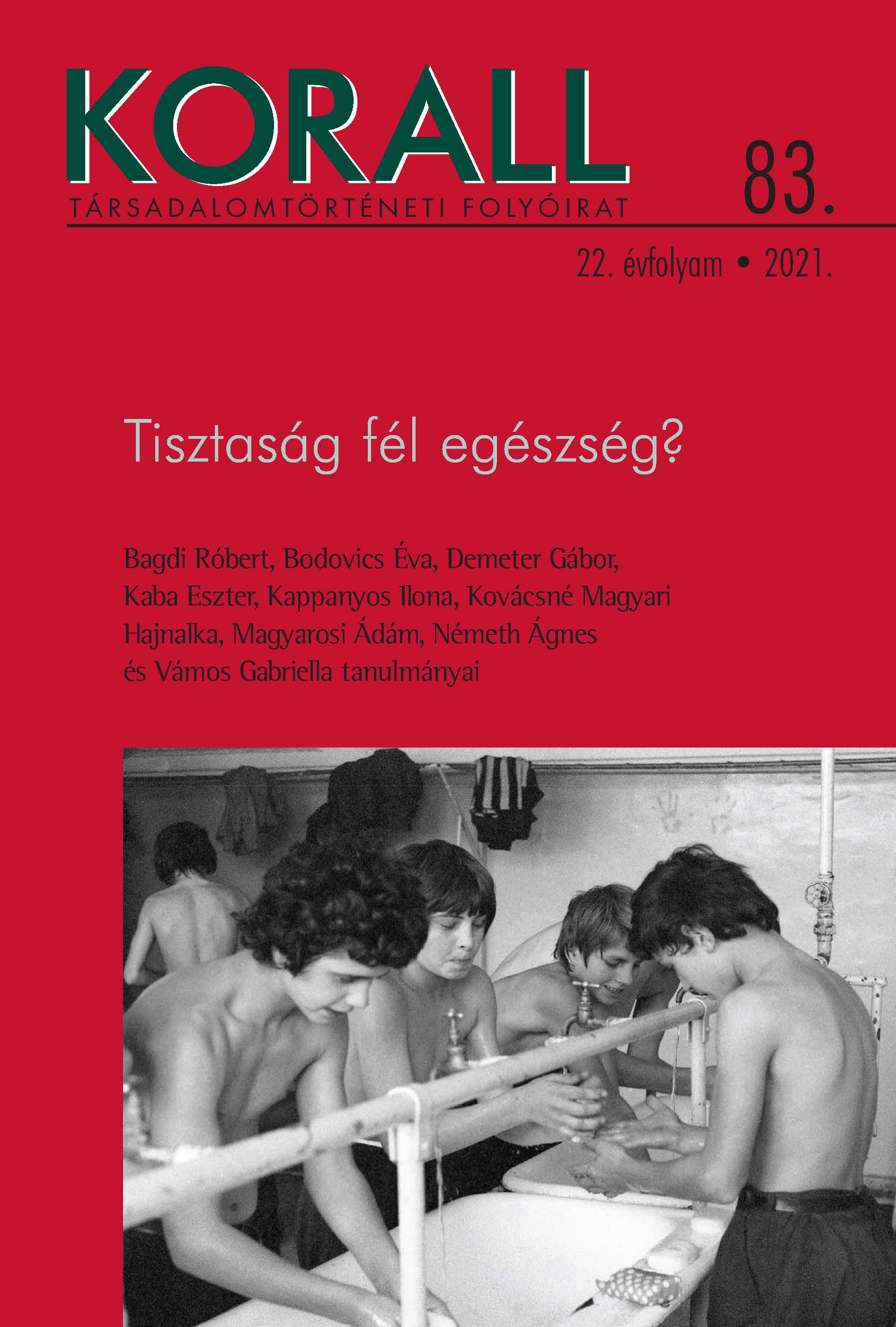Ép testben ép lélek?
Sound Mind in Sound Body?
Hygiene in Russian Captivity during the First World War
Author(s): Eszter KabaSubject(s): History, Diplomatic history, Social history, Pre-WW I & WW I (1900 -1919)
Published by: KORALL Társadalomtörténeti Egyesület
Keywords: world war I;prisoners of war;prisoners of war camp;
Summary/Abstract: Hundreds of thousands Hungarian soldiers were taken as prisoners of war on the Russian front in the course of the First World War. They spent significantly more time in captivity than prisoners in French or Italian camps because in many cases their release, hampered both by the Russian civil war and the unconsolidated Russian-Hungarian diplomatic relations, did not take place until the mid-1920s. During the years spent in lagers of Siberia and Turkestan, the pris- oners’ priority was maintaining physical and mental health, since their physical condition was their only assurance that they would ever make it home to their loved ones. Maintaining health was dependent on the climate, as well as on the accommodation, clothing and nutrition provided for the prisoners ‒ although none of the latter was readily available for them. Tens of thousands succumbed to various epidemics or to extreme weather conditions. The physical challenges were further aggravated by their uncertainty about the time of their release and the prolonged period away from home which led to psychological illness and captivity neurosis.Based on archival sources found in the Austrian State Archives (Haus, Hof und Staatsarchiv) in Vienna (KriegsgefangenenFürsorge 1915‒1921, RoteKreuz Mission 1917‒1921), as well as prisoner of war memoirs, diaries and correspondence, the present study examines the soldiers’ responses to the challenges of captivity, survival strategies of individuals and groups, and the support provided by international aid organisations.
Journal: Korall - Társadalomtörténeti folyóirat
- Issue Year: 2021
- Issue No: 83
- Page Range: 84-104
- Page Count: 21
- Language: Hungarian

